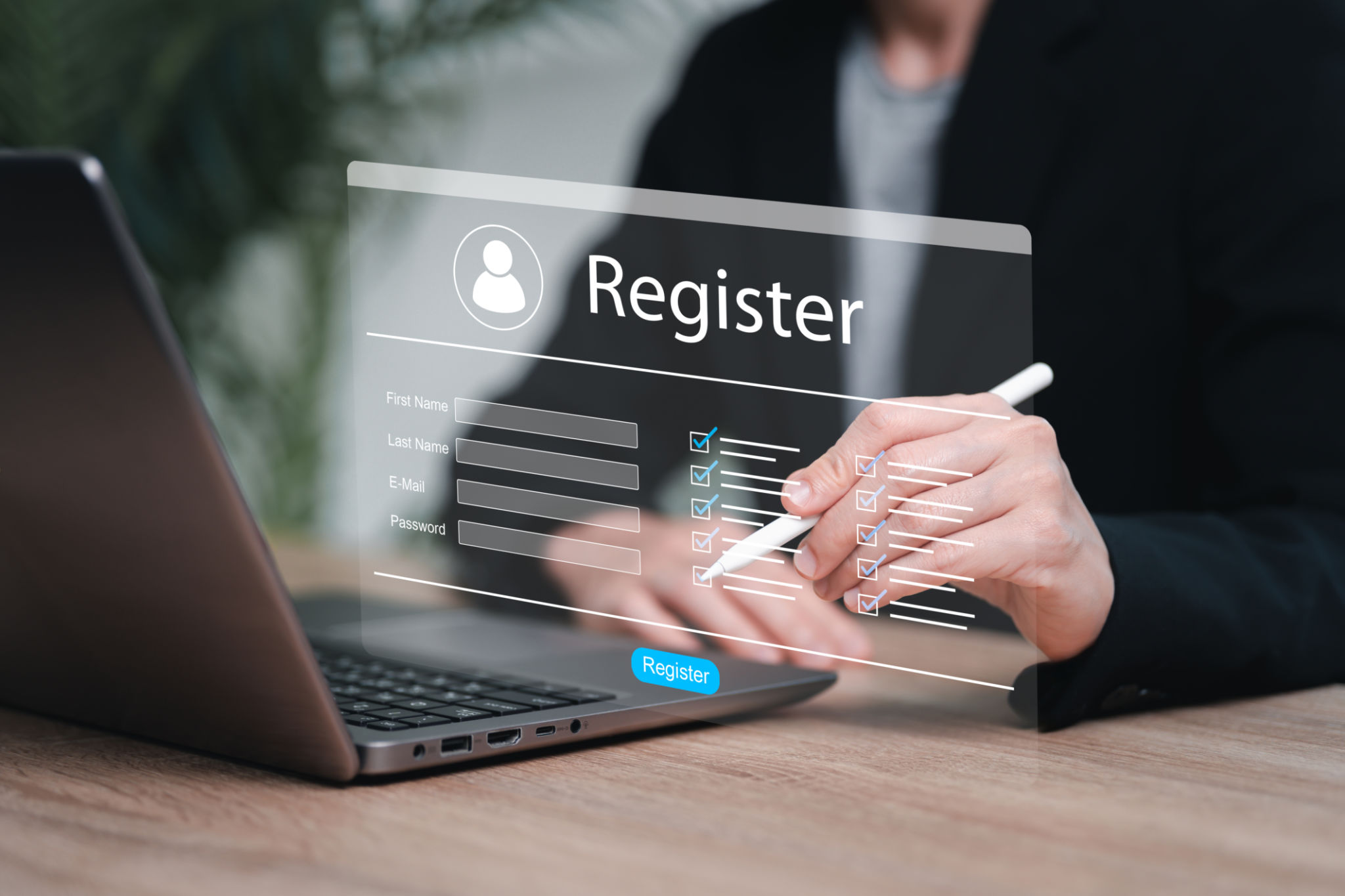A Comprehensive Guide to Self Assessment Tax for UK Professionals
Understanding Self Assessment Tax
The Self Assessment tax system in the UK requires individuals to report their income and calculate their own tax liabilities. This system primarily impacts self-employed professionals, landlords, and those with other taxable income outside of standard employment. Understanding how to navigate this process is essential to avoid penalties and ensure compliance.

Who Needs to File a Self Assessment Tax Return?
Self Assessment is not just for the self-employed. You might need to file a return if you earned more than £1,000 from self-employment, received over £2,500 in untaxed income, or if your income exceeded £100,000. Additionally, if you have foreign income or are a company director, the HMRC usually requires you to submit a return.
Registering for Self Assessment
Before you can file your tax return, you need to register with HMRC. If you're self-employed, this means signing up for Self Assessment and Class 2 National Insurance via the HMRC website. It's crucial to register by 5th October following the end of the tax year for which you need to file a return. Failing to register on time can result in penalties.

Filing Your Tax Return
The deadline for filing your paper tax return is 31st October, while online submissions are due by 31st January of the following year. Filing online is generally more efficient and offers immediate confirmation of receipt. During the filing process, you'll need to provide details of your income, expenses, and any reliefs or allowances you're claiming.
Common Mistakes to Avoid
One common mistake is underestimating the amount of tax owed. Ensure that all sources of income are reported accurately. Another error is failing to keep records of expenses, which can lead to difficulties in claiming legitimate deductions. Always keep detailed records for at least five years after the 31st January submission deadline.

Paying Your Tax Bill
Once you've submitted your tax return, HMRC will calculate your tax liability. Payments are typically due by 31st January and may include a payment on account for the following tax year. If your liability exceeds £1,000, you'll likely need to make payments on account unless you meet specific criteria for exemption.
Penalties for Late Submission
If you miss the filing deadline, you'll incur a £100 penalty immediately. More significant penalties accrue the longer you delay, including daily penalties after three months and potential additional charges after six months. Therefore, timely submission is critical.

Seeking Professional Help
Navigating Self Assessment can be complex, especially if you're new to the process or have multiple income streams. Hiring an accountant can be beneficial, providing peace of mind that your return is accurate and complete. Accountants can also offer advice on allowable expenses and tax efficiency strategies.
By understanding and adhering to the Self Assessment requirements, UK professionals can manage their tax responsibilities effectively and avoid unnecessary stress and penalties.
